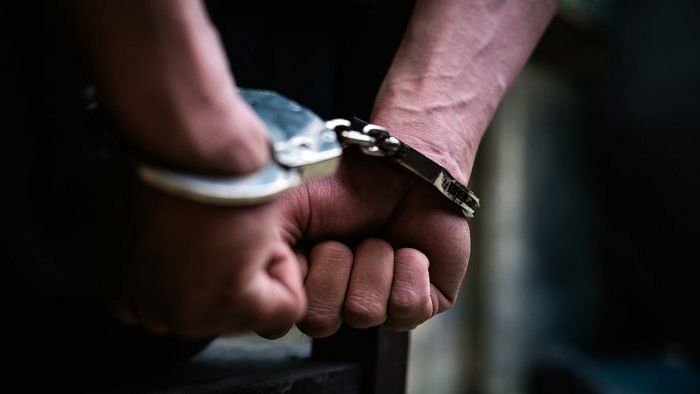
On Tuesday, the Gujarat Anti-Terrorist Squad (ATS) said they arrested four persons, wanted in the 1993 Bombay Blasts case, from Ahmedabad after they were found traveling under forged passports.
According to ATS officials, suspicion led the authorities to verify the documents, which then revealed that the four had gotten their passports made using forged documents.
The four were booked for forgery under various sections of the Indian Penal Code, including 465, 466, 468, 471 (all related to forgery) and 120B (criminal conspiracy), along with section 12 of the Passport Act.
They were arrested and the court concerned put them in eight days of police custody. Their involvement in the 29-year-old bombing case, which killed over 250 people and hundreds grievously injured, came to light during interrogation.
“Based on specific information received by DySP (Deputy Superintendent of Police) Kanubhai K Patel, ATS officials detained four individuals from Sardarnagar area of Ahmedabad on May 12. They had passports in the name of Javed Basha, a resident of Bengaluru; Syed Abbas Shariff, a resident of Villupuram, Tamil Nadu; Syed Yasin, a resident of Sarvagnanagar, Bengaluru; and Mohammad Yusuf Ismail, a resident of Mira Road, Maharashtra,” an ATS official said.
Deepan Bhadran, Deputy Inspector General of Police (ATS), informed that sustained interrogation revealed that these four men were the “absconding accused who were wanted in Bombay blast case of 1993 and their real names were Abu Bakar, Mohammad Yusuf Ismail alias Yusuf Bhatka, Mohammad Shoeb Qureshi alias Shoeb Baba and Sayyed Kureshi.”
“All these four individuals were part of smuggler…Mohammad Dossa(’s) gang and had been associated with his…gold and silver smuggling into India in the 1980s and 1990s. These accused persons were associated with individuals who had conspired to organize and commit acts of terrorism and destruction in India at the behest of Inter-Services Intelligence (ISI) of Pakistan and associates of Dawood Ibrahim Kaskar, a UN-designated global terrorist,” the ATS said in a press note.
The police claimed that the four had travelled to Pakistan and undergone “weapons and explosives training at the behest of Dawood Ibrahim and the ISI.”
The police alleged that the four went to the Middle East in February 1993, and reportedly attended a meeting headed by Dawood Ibrahim where they were told to go to Pakistan for training. The four then reportedly returned to India after being trained in “handling of weapons and use of improvised explosive devices (IED)”.
“Abu Bakar had also played a role in the disposal of a part of the consignment of weapons in the sea off Maharashtra coast a few days after the Bombay blasts. After the blasts, these individuals had fraudulently obtained Indian passports in different names and identities using fake and forged address documents and had escaped from India,” Bhadran stated at a press briefing.
The ATS statement read: “This Gujarat ATS operation that led to the arrest of these four absconders of the Bombay Blast cases is by far the highest in terms of number of accused arrested…this operation further highlights the untiring efforts of the Indian Government to pursue absconders in a case that shook the country nearly three decades ago.”